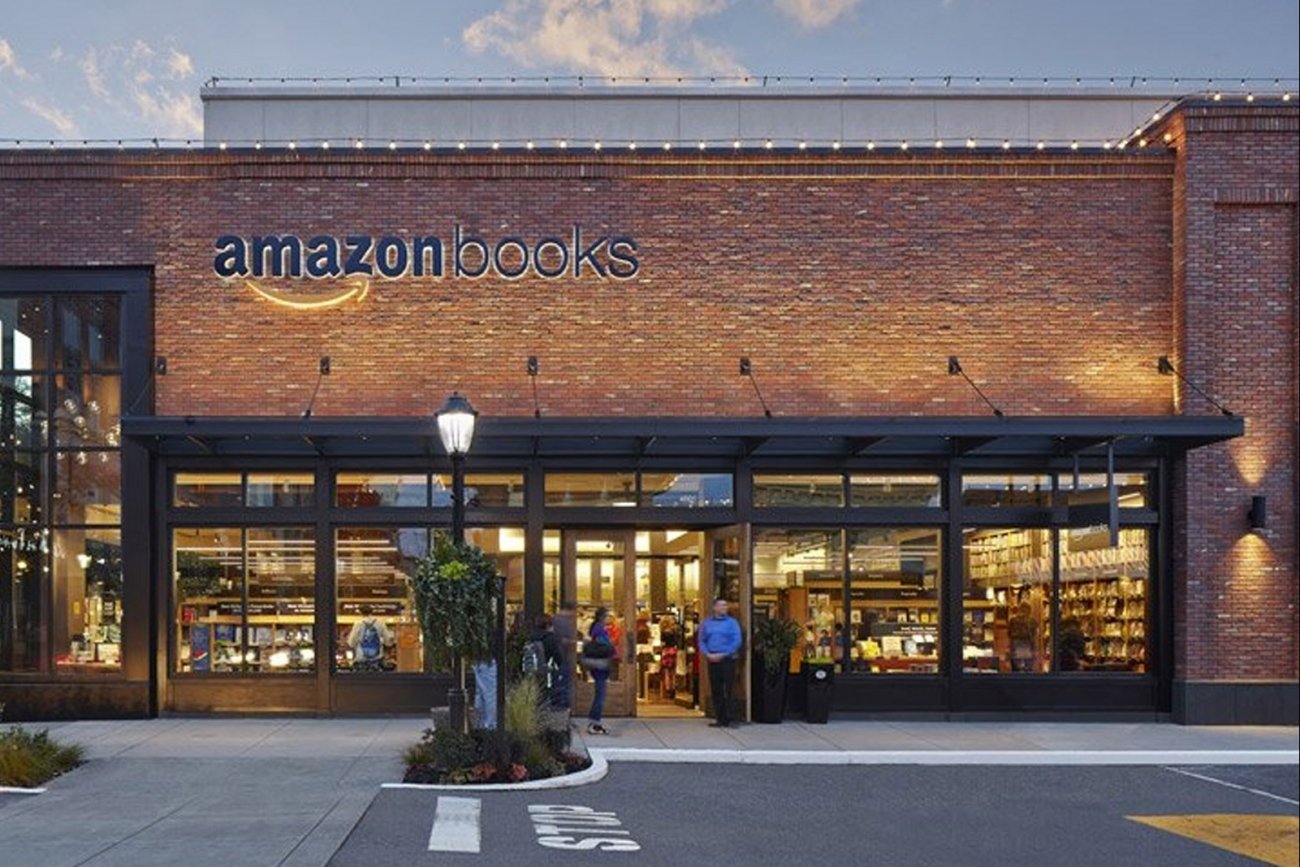
Why the Dominance of Amazon Won’t Mean the End of Brick-and-Mortar
Why the Dominance of Amazon Won’t Mean the End of Brick-and-Mortar
Amazon is a giant that just seems to keep getting bigger and bigger. In fact, it accounts for a quarter of all online purchases. With people shopping online for everything from paper towels to “rideable” floor scrubbers, it might seem like we’re seeing the end of brick-and-mortar stores.
But don’t be fooled. E-tailers need retailers just as much as consumers need both shopping options. Retail is still strong, and it’s not going anywhere. Here’s why:
Experience:
Brands are built through emotions, but products are sold through tangible experiences. Would you risk buying a pair of jeans you hadn’t tried on? What about purchasing a car you’d never seen or driven? People buy what they know to be the best from their own interactions with the product. Consumers want a hands-on experience when they’re shopping, not just convenience.
Exposure:
Without retail stores, e-tailers like Amazon would have a hard time introducing products and reaching their full customer base. Amazon largely sells products created by other companies. It’s a symbiotic relationship that extends far beyond the products listed on Amazon’s actual web store. Online retailers rely on brick-and-mortar businesses to get their products in the hands of consumers for the first time.
Competition:
OK, perhaps most e-tailers wouldn’t mind less competition, but we as consumers sure would. Brick-and-mortar stores automatically receive more exposure. Without having to worry about brick-and-mortar retailers just down the street pricing out their online goods, e-tailers would raise their prices.
Distribution:
Have you ever gone to a store, only to find an item wasn’t in stock? You probably drove to another retailer to find the product, or you might have looked for that item online. Vendors need widespread distribution to ensure there’s enough to go around, and without those brick-and-mortar stores, it would be hard for e-tailers to forecast how many units they need sitting in warehouses. Consolidation has a negative impact on price and availability.
Jobs:
Brick-and-mortar businesses are vital to our economy. The retail industry supports more than 41 million jobs, according to the National Retail Foundation, and that number is increasing. The Bureau of Labor Statistics predicts retail jobs will be among the top three fastest-growing sectors over the next eight years.
The strongest indicator: Americans love to shop, which makes retail vital.
Keeping Your Store Competitive With E-tailers
How can you retain your edge as a brick-and-mortar store in the world of e-tailers? The answer is simple: Build your brand experience.
Now more than ever, shoppers are interested in the experience of buying something. Although it’s easier for e-commerce to create and maintain that experience for shoppers, brick-and-mortar stores have an unparalleled opportunity to create distinct shopping experiences.
Amazon has recently started building Amazon lockers across the U.S. to manage the problems inherent to online shopping: delivery and convenience. The lockers let people order online and pick their purchases up at a physical location.
For Amazon, this makes sense: It gets products safely and easily into the hands of consumers, and Amazon establishes its brand experience in the physical world. For brick-and-mortar retailers, it’s clear evidence that creating a brand experience is vital to building customer loyalty.
For those who worry that retail is going the way of the dinosaur, relax. There’s no better sign that retail is here to stay than my wife saying she was born to shop. The emotion of shopping in a store is something e-tailers can’t compete with. The experience of a brand — the colors, smells, textures, music, and displays — is irreplaceable at the heart of the American shopping experience.


